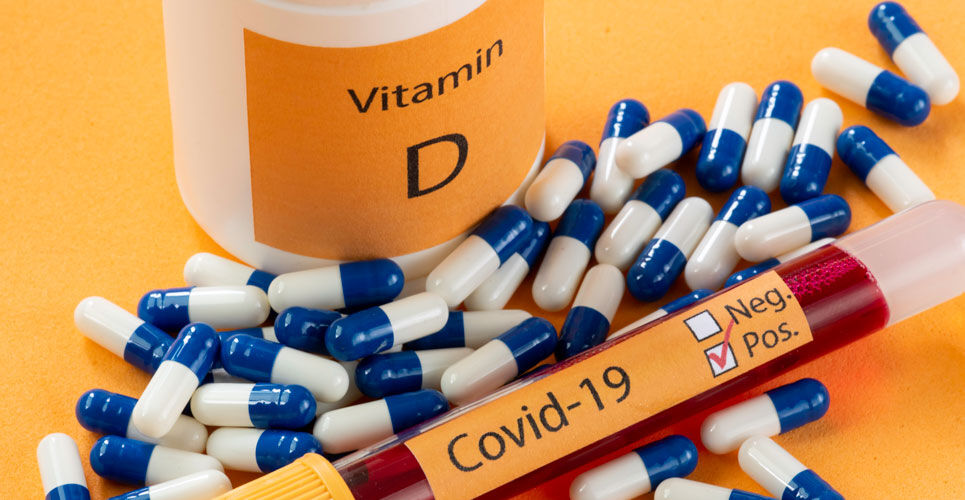An analysis of data from the UK Biobank revealed no consistent associations between vitamin D status and COVID-19 outcomes
There are no consistent associations between vitamin D status and COVID-19-related outcomes such as diagnosis, hospitalisation and mortality according to the findings of a large cohort study by researchers from Faculty of Epidemiology & Population Health, London School of Hygiene and Tropical Medicine, London, United Kingdom.
Vitamin D is known to be essential for bone health and prolonged and severe vitamin D deficiency gives rise to rickets in children and osteomalacia in adults. Furthermore, vitamin D is an immune system modulator that induces an increase in antimicrobial proteins and activity against pathogens. As a result, vitamin D may have a preventative role in infections and one systemic review revealed how supplementation with vitamin D resulted in a small reduction in the risk of acute respiratory infections. However, the role of vitamin D in COVID-19 remains uncertain although according to the results of a 2021 Cochrane review, there is currently insufficient evidence to determine the benefits and harms of vitamin D supplementation as a treatment of COVID-19.
With a lack of good evidence for the association between vitamin D status and COVID-19, for the present study, the UK team used data held within the UK Biobank to better understand this relationship. They included individuals for whom at least one serum vitamin D test was available and levels were categorised as deficient (< 25 nmol/L), insufficient (25 – 49 nmol/L) and sufficient (> 50 nmol/L). The primary outcome of interest was a laboratory confirmed infection with COVID-19 whereas the two main secondary outcomes were the risk of hospitalisation and death as a result of a COVID-19 infection. The team also considered the risk of being diagnosed with COVID-19 when the vitamin D status was assessed, i.e., during the summer and winter months and used the definition of vitamin D sufficiency as the reference point. The analysis was performed using logistic regression after adjustment for covariates which included demographics, body mass index, smoking status and ethnicity.
Vitamin D status and COVID-19 outcomes
A total of 307, 512 individuals were included of whom, 46% were deemed to vitamin D sufficient, 41% insufficient and 12% deficient. A total of 10,165 people became infected with COVID-19 with 51.4% of infections reported during autumn, 31% in the winter and only 3.8% in the summer.
Interestingly, during the summer months and in fully adjusted models, participants who were vitamin D deficient had a 14% lower risk of being diagnosed with COVID-19 compared to those who were vitamin D sufficient (Hazard ratio, HR = 0.86, 95% CI 0.77 – 0.95, p < 0.01). In contrast, however, during the non-summer months, the risk of becoming infected with COVID-19 was 14% higher among those who were vitamin D deficient (HR = 1.14, 95% CI 1.01 – 1.30, p = 0.04) though there was no significant association for individuals deemed vitamin D insufficient irrespective of the time of year.
For COVID-19-related hospitalisations, compared to those who were vitamin D sufficient, there was no evidence that any other vitamin D status significantly affected the risk. Similarly, there was no evidence that the risk of COVID-19 mortality was affected by vitamin D levels.
In their conclusion the authors reported that there were inconsistent associations between vitamin D status and a diagnosis of COVID-19 and no clear association between vitamin D levels and either hospitalisation or death.
Citation
Lin LY et al. The association between vitamin D status and COVID-19 in England: A cohort study using UK Biobank PLoS One 2022

